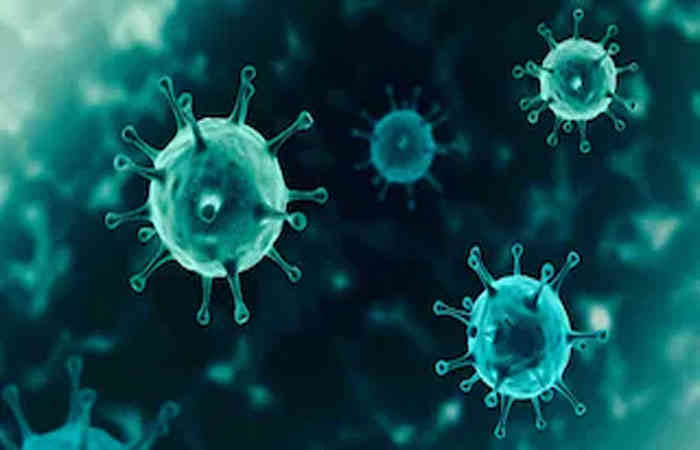
Pfizer vaccine against Delta variant produces five times fewer antibodies: Lancet
Pfizer-Bioentech corona vaccine approved for teenagers between the ages of 12 and 15 in the UK Japan sends 1.24 million doses of Astrazeneca corona vaccine to Taiwan
For the first time since March, the UK has seen the highest number of corona cases
LONDON: The Delta variant of the Corona, first identified in India, has become an effective virus of concern in the UK, increasing the risk of treating its patients in hospital, health officials said. The number of cases of delta infection has risen to 12,431, according to Public Health England (PHE).
The number of cases of delta variant is increasing more than the cases of corona virus initially known as Kent variant and now as alpha variant. Preliminary data suggest that a patient with delta variant infection is at higher risk of hospitalization for treatment compared to alpha. 278 patients of the Delta variant were treated at the hospital this week.
201 people were treated at the hospital last week. Most of these patients did not get the corona vaccine. Those who have received both doses of the Corona vaccine are protected against the Delta variant. The highest number of 2149 cases of Delta variant has been reported in Bolton and 724 cases in Blackburn with Darwin.
Meanwhile, a study published in the Lancet Journal found that those who received both doses of the Pfizer-Bioentech corona vaccine were five times less likely to produce antibodies if they were infected with the delta variant. This study showed that as we age, the amount of antibodies we recognize and fight against the virus decreases. Which causes the need to take a booster dose.
The study analyzed the antibodies in the blood of 250 people who took one or two doses of Pfizer-Bioentech corona vaccine for three months. In addition, those who took a single dose of the vaccine had a lower antibody response.
However, a team of researchers from the Francis Creek Institute in the UK clarified that the effectiveness of a vaccine cannot be predicted by the amount of antibodies alone. It is necessary to study other factors as well.
The UK's Medicines Regulatory Authority, on the other hand, has approved the use of the Pfizer-Bioentech corona vaccine for adolescents between the ages of 12 and 15, deeming it safe and effective. Until now, only people aged 16 and over have been allowed to be vaccinated against corona in the UK.
Meanwhile, a flight from Japan carrying 1.24 million doses of AstraZeneca corona vaccine has arrived in Taiwan. The autonomous island of Taiwan said it was struggling to get adequate doses as China was obstructing its efforts to get other vaccines.
The supply of the vaccine has now doubled due to the vaccine received from Japan. Taiwan has signed agreements with AstraZeneca to receive 10 million doses of the corona vaccine, Moderna to receive 5.05 million doses, and Kovacs to receive 4.76 million doses.
Corona vaccination of children is not a high priority: World Health Organization
GENEVA: The World Health Organization's top vaccine experts say corona vaccination for children may not be a priority at a time when the amount of corona vaccine is extremely limited.
Dr. Kate O'Brien said that from the World Health Organization's point of view, vaccinating children with corona is not a priority. The purpose of vaccination during a corona epidemic is to prevent the spread of the virus infection while children are given the corona vaccine to prevent it.
Adolescents between the ages of twelve and fifteen are allowed to be vaccinated against corona in Canada, the US and the UK. O'Brien said that if adults who come into contact with children at school are vaccinated, they do not need to be given coronavirus before the children are sent back to school.
Tedros Adhano, director general of the World Health Organization, had earlier said that rich countries should send doses of the corona vaccine to poorer countries instead of giving it to their adolescents. Less than one percent of the world's poorest countries have been vaccinated against corona.
Comments
Post a Comment
What you think about this NEWS please post your valuable comments on this article, we will immediately publish your comments on this page